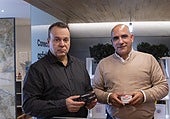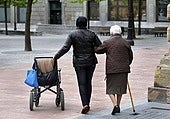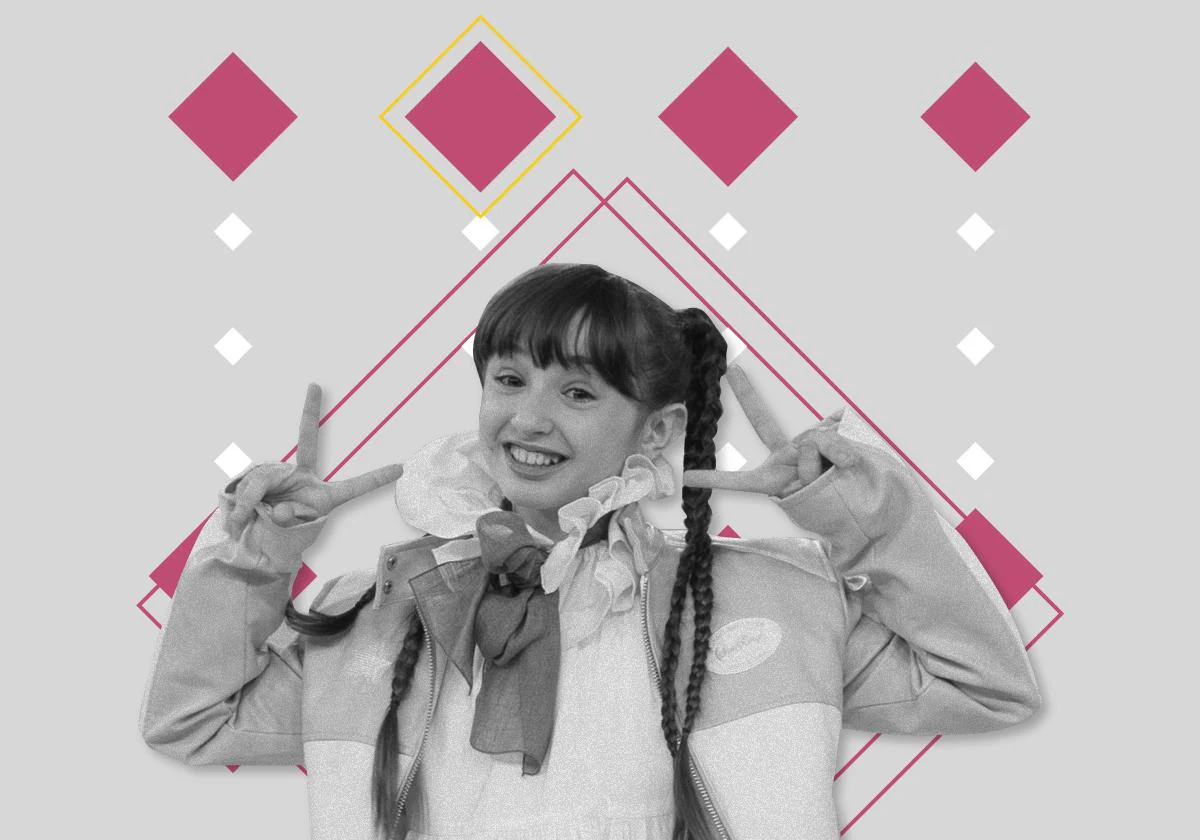Spain's Journey in Junior Eurovision: Only Nine Participants in 21 Years
Chloe DelaRosa aims for victory in a contest where Spain was absent for a decade due to the pressure on young participants
Fernando Morales
Madrid
Friday, 15 November 2024, 00:37
Spain's journey in Junior Eurovision has been marked by ups and downs, including 12 years of absence and only one victory. It was Maria Isabel with her popular 'Antes muerta que sencilla' who, 20 years ago, secured Spain's only mini crystal microphone. Although the Spanish delegation cannot boast a winning formula, 2024 is already historic as it will be the first time the event is held in Madrid. Chloe DelaRosa will take the stage at the Caja Mágica this Saturday to showcase her energetic, lively, and danceable side with 'Como la lola', a tribute to Lola Flores.
A catchy tune where the Spanish representative nods to all female artists in the current global music scene, but always, and here's the charm, highlighting the flamenco above all. A nod to flamenco in a pop song where the young artist projects her dream: "Like Taylor, like Karol; I want to be the motomami of my neighbourhood; Like Olivia; like the wolf, Shaki; But universal like Lola," says part of the song.
Indeed, 'Antes muerta que sencilla'. Chloe DelaRosa, aspiring to be a 'cantista', singer and artist, is one of those representatives who will go down in festival history as one of the most energetic and vibrant Spanish participants, with a "tremendous" stage presence that has made her a favourite to win this edition. Although the guide is only the number of views the official videos of the representatives have garnered over these months on YouTube - Chloe has reached half a million. As it is a children's contest, in most European countries, betting on events involving minors is prohibited.
"At my school, everyone says I'm crazy, but I don't care because they're wrong. I'm going to give it my all, I'm going to have faith... The biggest dreams start as babies." This is one of the lines from the song with which the Spanish entry aims to win and, along the way, make a name for herself in the music industry, a dream she has had since she was little. "I'm like a fish in water when I get on stage; It's a planetary thing because I was born an Aquarius; Ever since the cradle, I grabbed the rattle; As if it were a mic, to sing to the whole world," the song continues.
And, indeed, as the artist and Eurovision expert Judith Mateos recounts, Chloe's style is ideal. "She encompasses and is very talented, with a lot of flair," but Mateos warns: "She will reach one of the top positions, but we must tread carefully because being so young does not guarantee a career."
Only two of Spain's nine representatives have managed to build a prestigious music career
Winning Junior Eurovision is not synonymous with musical success. History should be considered. Of the nine contestants who have represented Spain in the children's festival, only two have managed to build a prestigious music career. Antonio José and Dani Fernández, participants in 2005 and 2006 respectively, are the two artists with recognised names. Both, moreover, were not the winners of their edition. Antonio José came second and Dani Fernández secured fourth place. Nevertheless, Chloe DelaRosa will fight for Spain in an edition themed 'Let's Bloom', referring to the blossoming of young artists.
Spain's journey in Junior Eurovision has a dark mark in its history. For 12 years, Spain decided to abstain, and as RTVE justified at the time, it was due to the pressure and values demanded of the contestants. In 2007, Spain chose not to participate in the contest because, according to Javier Pons, former director of RTVE, "it promotes stereotypes we do not share" and also due to the "exploitation" to which children are subjected. An opinion that Mateos still holds today. "If mismanaged, it can harm the minor if they ultimately fail to meet the set expectations."
Despite everything, in 2019, Spain returned to participate in a contest that has brought more victories to Spain than the adult edition. This year, held in Madrid by chance - France declined to host it after having already organised the previous edition - seems to have sought a "very prominent" profile, with a strong stage presence, and aims to leave a good impression with such a positive theme. "They aimed to create a cheerful song that would be a hit so the girl can dance and sing it simultaneously," continues the expert, who recalls that the dance has become a TikTok trend.
In any case, Junior Eurovision will have a clear objective this Saturday afternoon: to entertain children with a show featuring European contestants aged 9 to 14. Germany, Cyprus, Estonia, Georgia, North Macedonia, Portugal, Albania, Armenia, Spain, France, Ireland, Italy, Malta, Netherlands, Poland, San Marino, and Ukraine. 17 countries, 17 young contestants competing to become the best young artist among a select group of European countries, where Chloe DelaRosa will perform in tribute to Lola Flores while keeping in mind her current musical influences to achieve her dream of becoming a singer. Or cantista.




